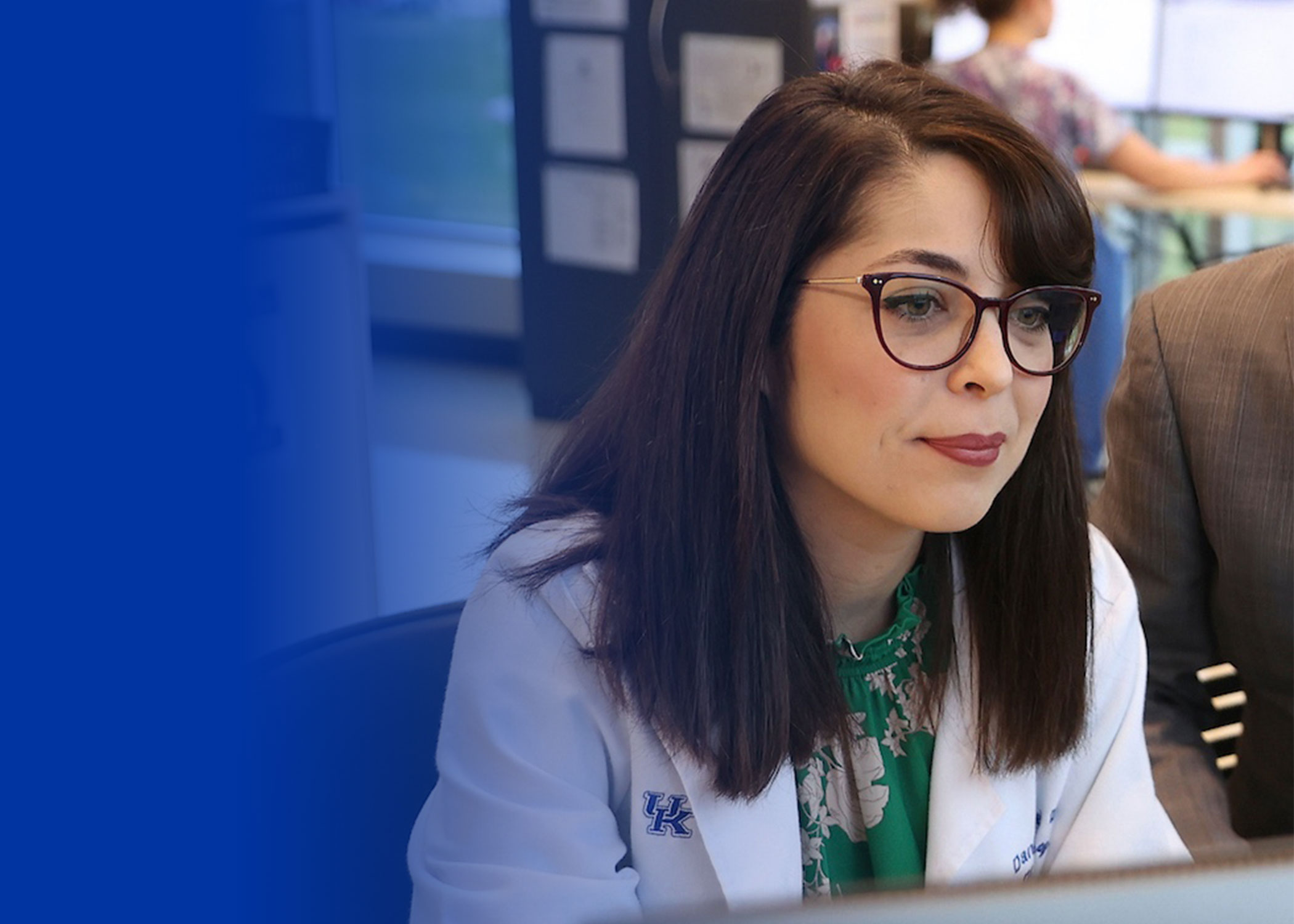Understanding headaches

Headaches are a common problem for people of all ages. Some are mild, while others can be severe and hard to treat. A headache specialist helps patients find relief, especially those who have tried many treatments without success.
Dr. Dana Ionel, a headache specialist, shares her insights on preventing headaches, recognizing triggers and treatments available at UK HealthCare.
Types of headaches
There are over 200 types of headaches. The most common ones are:
- Tension headaches: These are usually mild and affect both sides of the head. The pain can spread from the neck and shoulders.
- Migraines: These are more severe and can cause nausea, vomiting and sensitivity to light and sound. The pain is often on one side of the head and can last for hours. Migraines are a neurological disease and have a strong genetic link.
Can headaches be prevented?
While not all headaches can be prevented, you can lower your risk by:
- Eating a healthy diet
- Exercising at least three times a week
- Getting good sleep
- Managing stress
If you have frequent headaches, talk to your doctor. There are many treatments available to help.
How are migraines different from headaches?
A migraine is more than just a headache. Migraines usually last longer, have more severe pain, and come with symptoms like nausea, dizziness and sensitivity to light and sound. Regular headaches don’t have these additional symptoms.
What can trigger headaches?
Many things can trigger headaches, especially in people who are prone to migraines:
- Sleep: Poor sleep can lead to migraines.
- Stress: High stress levels can trigger headaches.
- Weather: Changes in barometric pressure (like before storms) can bring on migraines.
- Posture: Poor posture can cause tension headaches by straining neck and shoulder muscles.
- Food: Red wine is a known trigger, but many other “food triggers” actually may be cravings that happen before a migraine.
- Technology: Screens and bright lights can worsen migraines, especially for those with light sensitivity.
New treatments for headaches and migraines
Since 2018, new medications have been developed that target CGRP, a chemical that plays a role in migraines. Before this, most migraine treatments were originally made for other conditions, like seizures or depression.
Research is also looking at PACAP, another pain-related chemical, and early results are promising.
Advice for people with frequent headaches
If you often get headaches, keep a headache diary. Write down how often you have headaches and what helps. This will help your doctor find the best treatment for you.
Migraine is an invisible illness, so it’s important to let your doctor know how much it affects your life.
What makes UK HealthCare special for headache treatment?
At UK HealthCare, we have two board-certified headache doctors, including a pediatric specialist, which is rare. We also work closely with experts in orofacial pain, neurosurgery, and neuro-ophthalmology. UK HealthCare has the only two neuro-ophthalmologists in the state.
This teamwork helps provide the best care for headache patients. Headache treatments are better than ever, and help is available. With the right approach, relief is possible!





